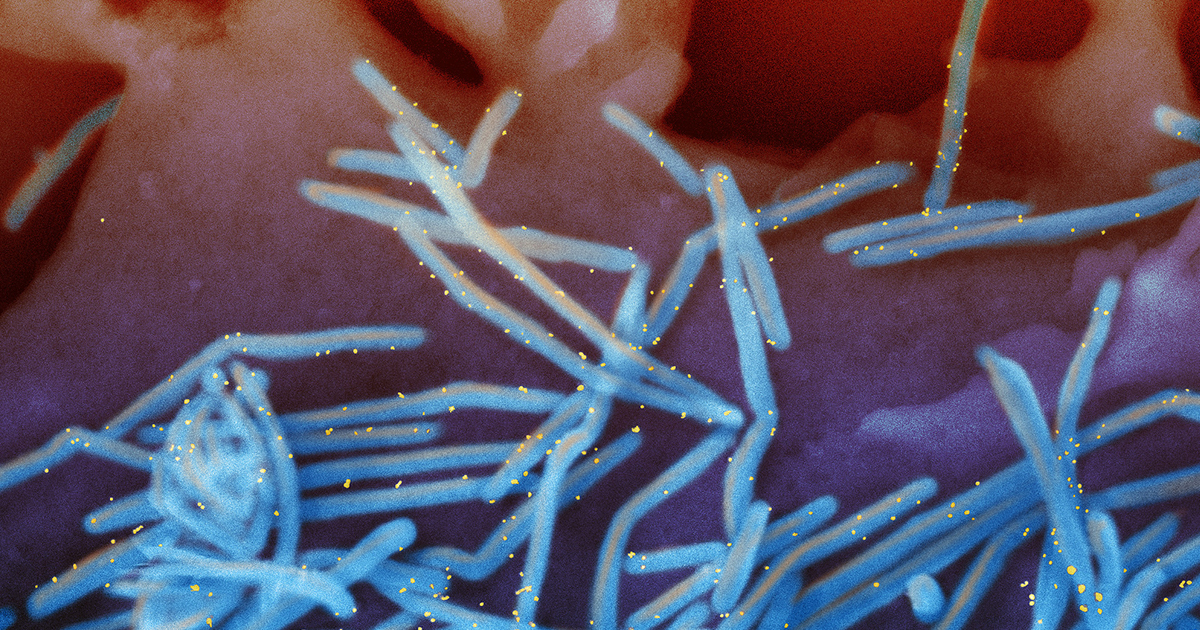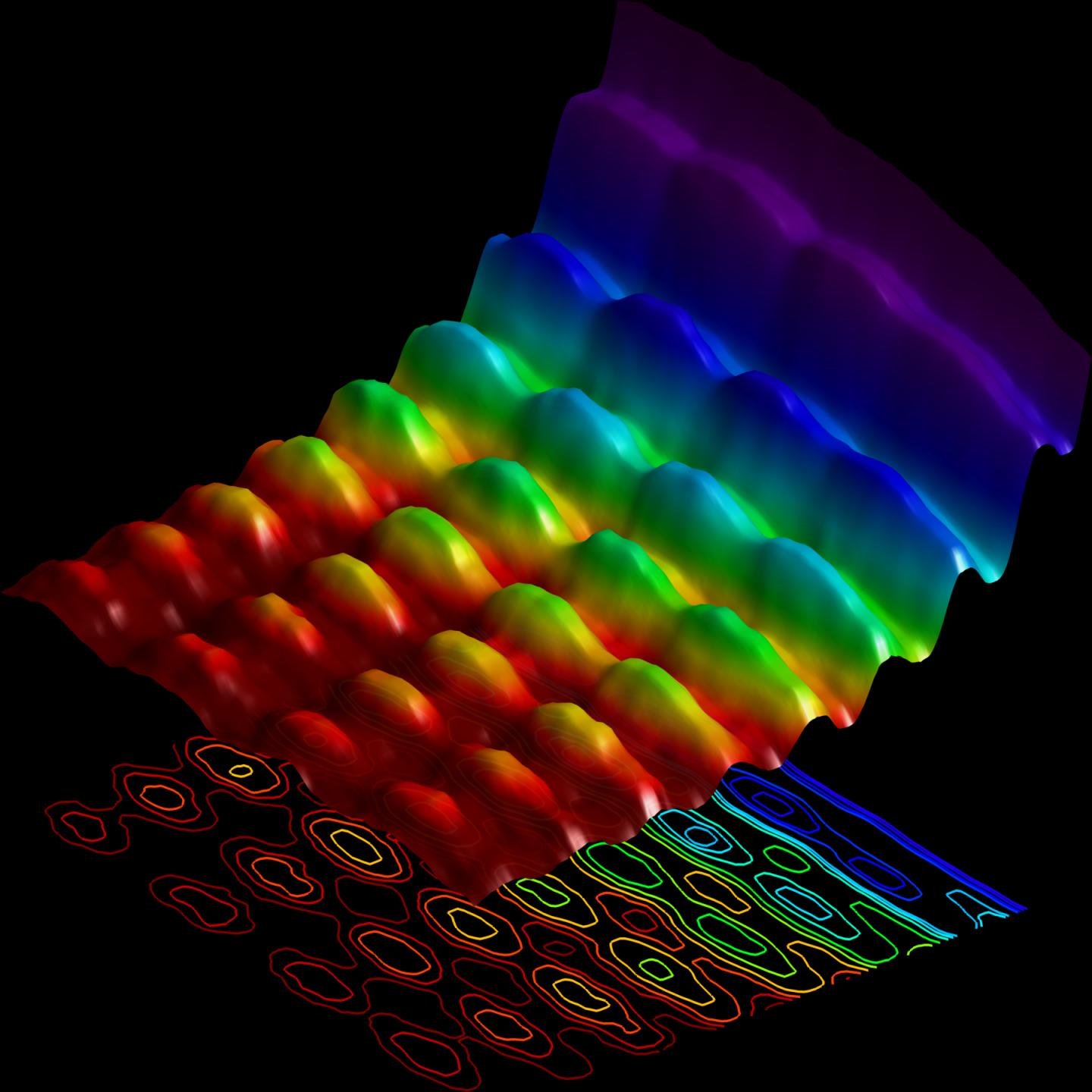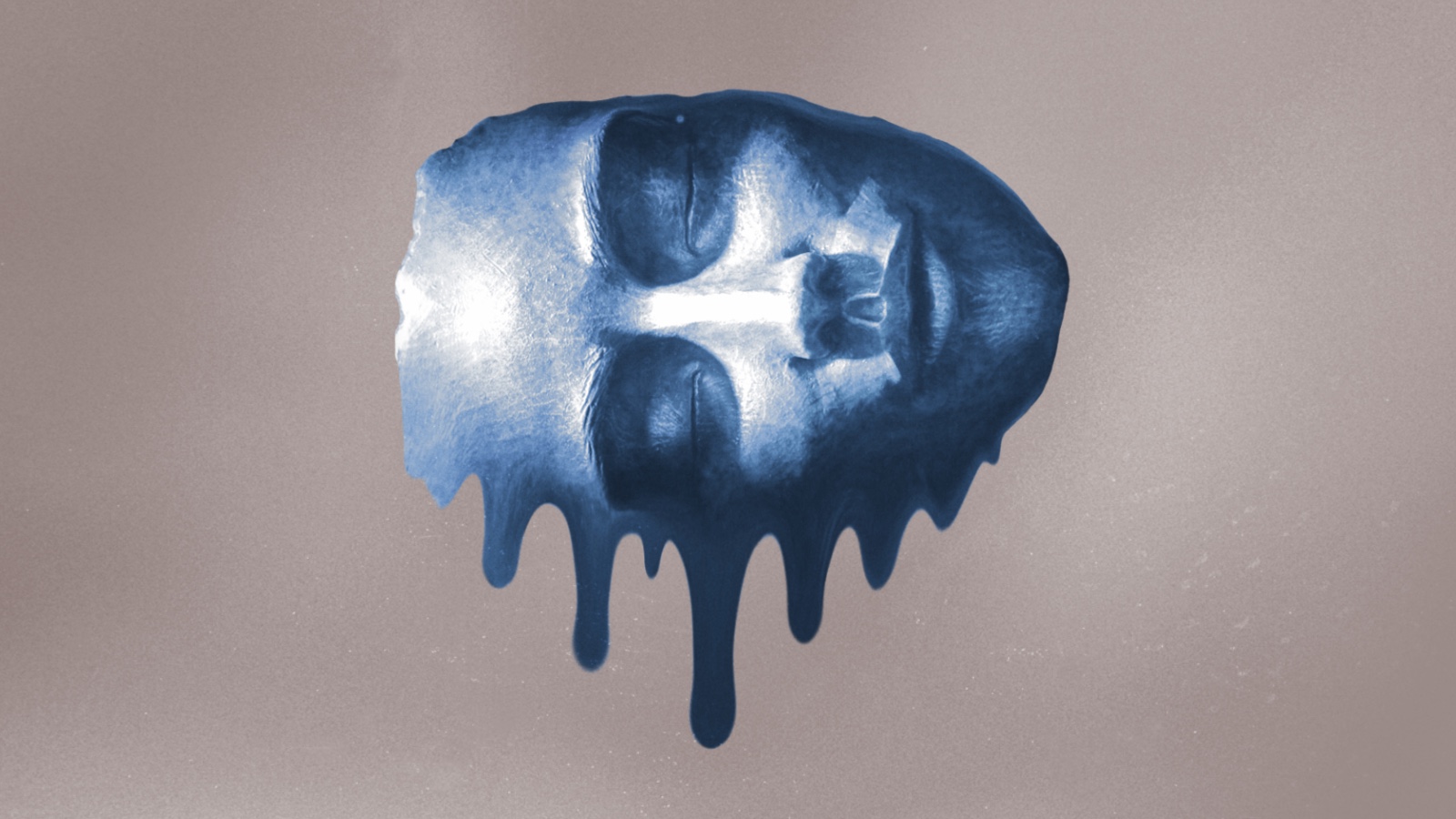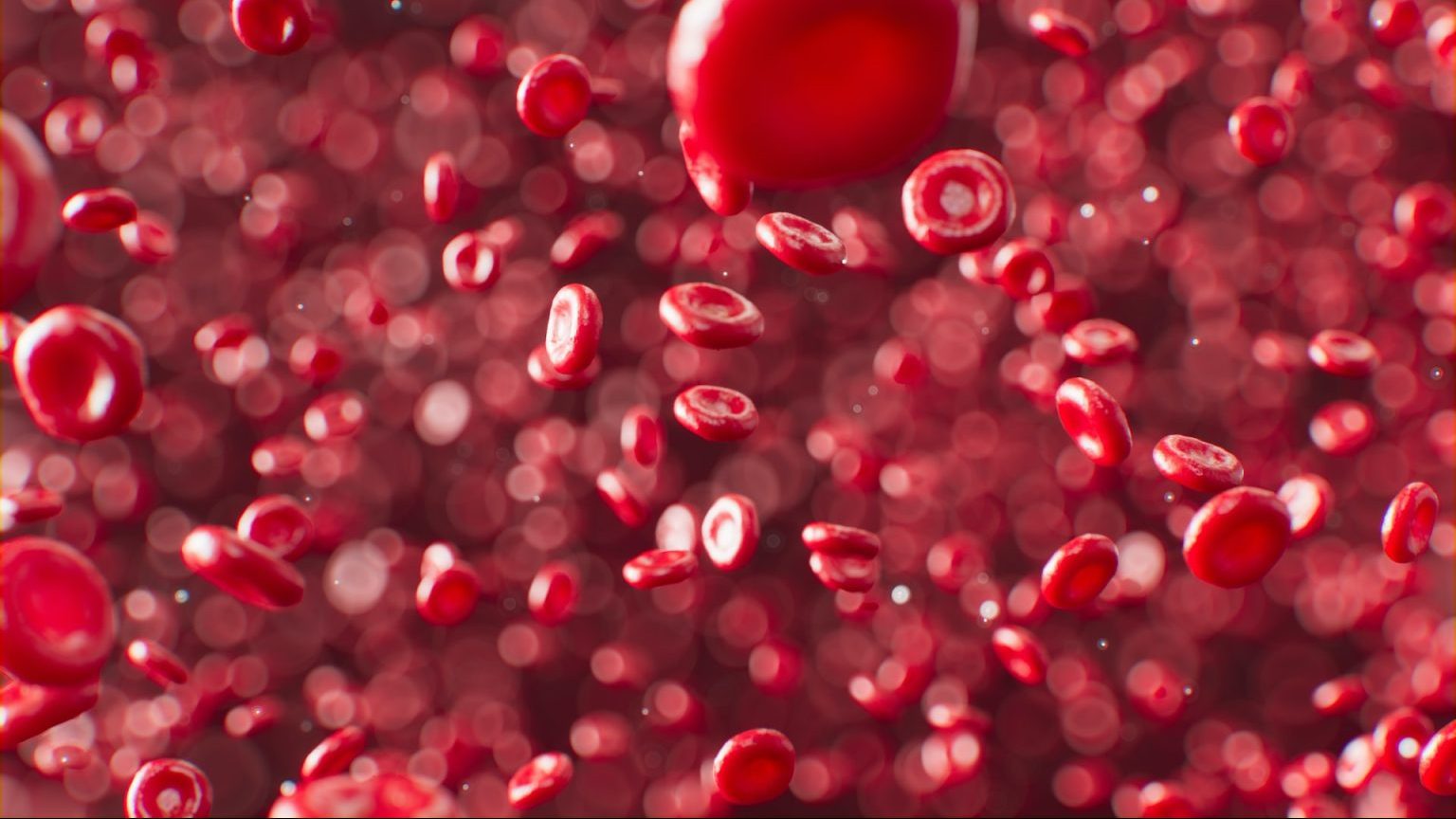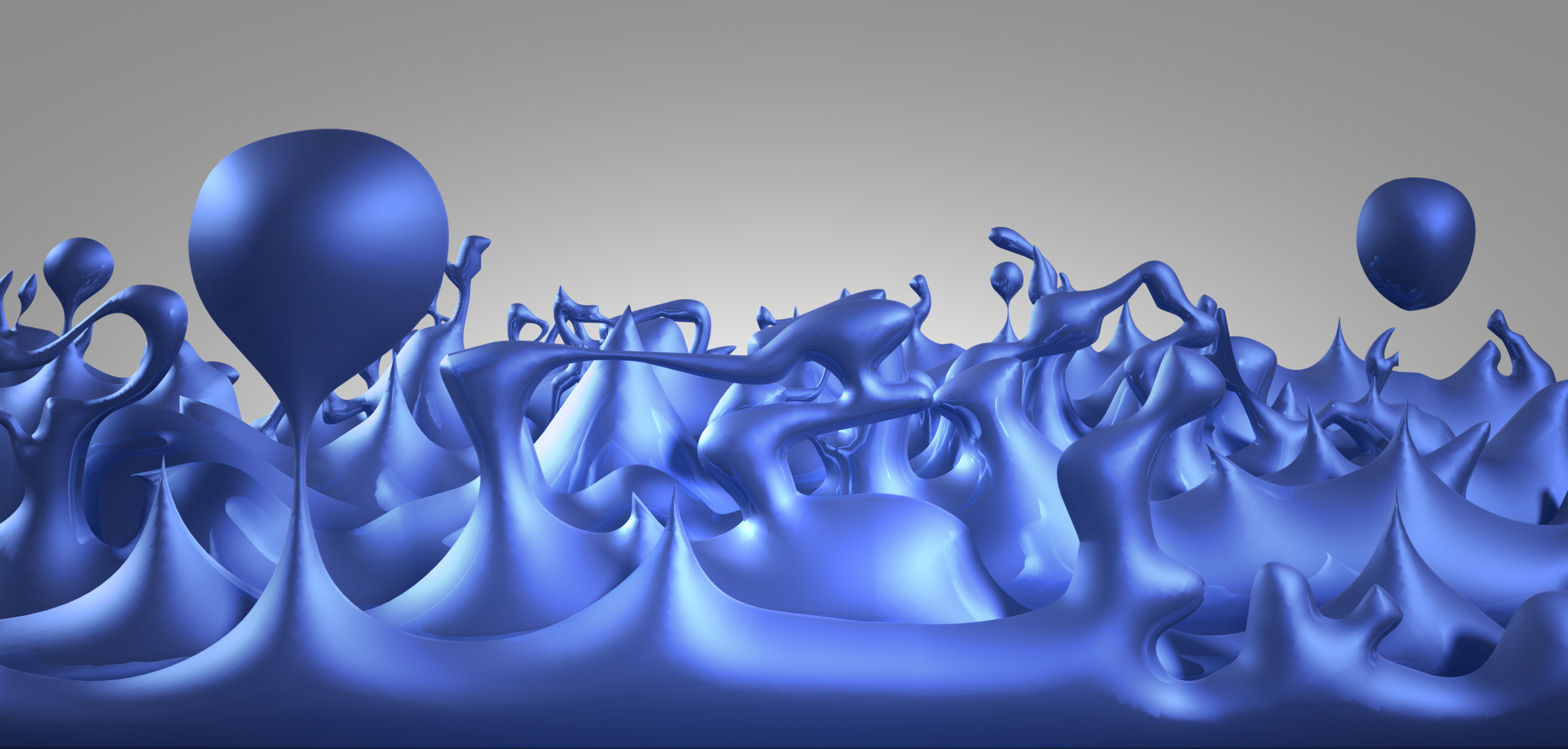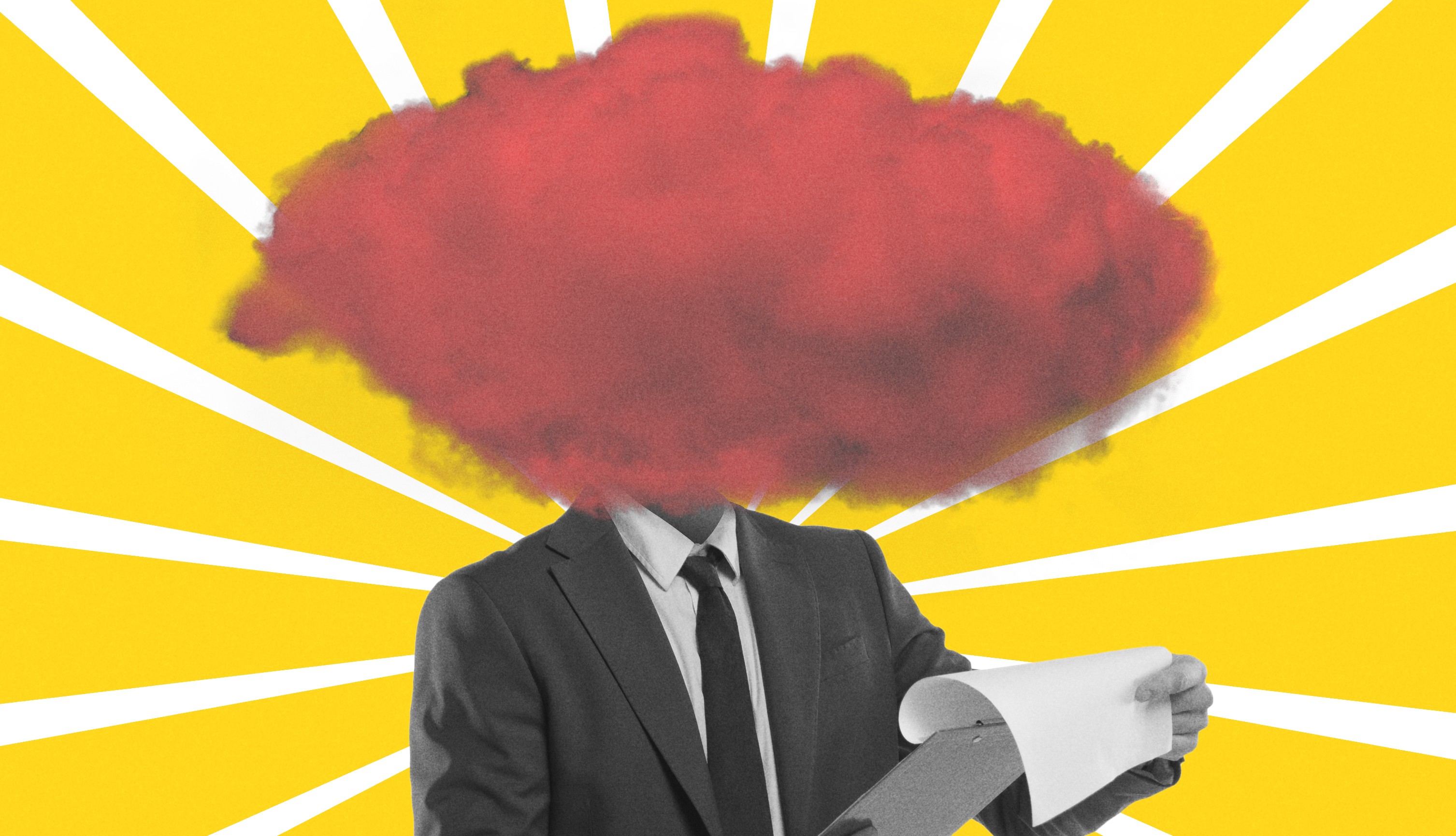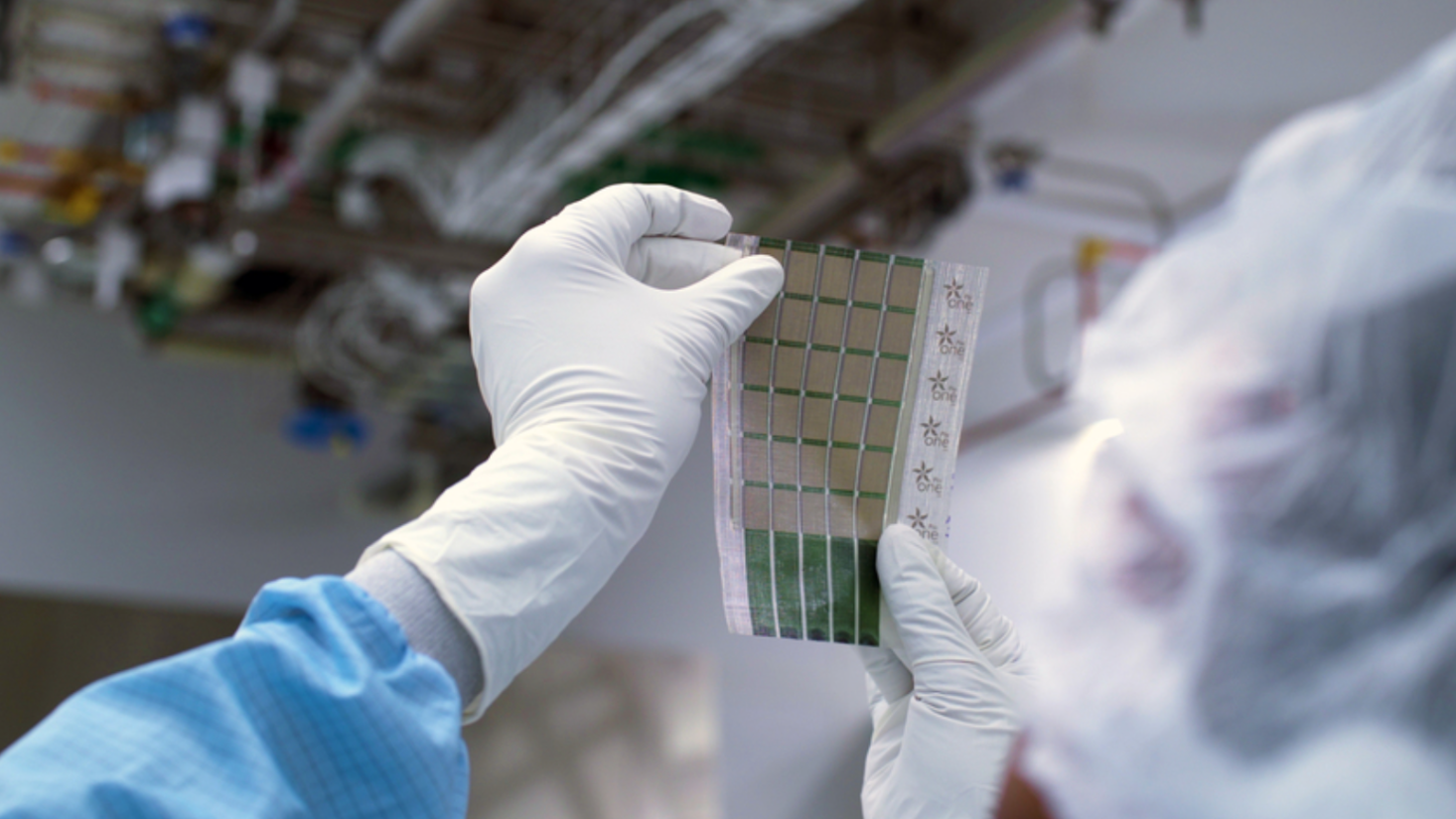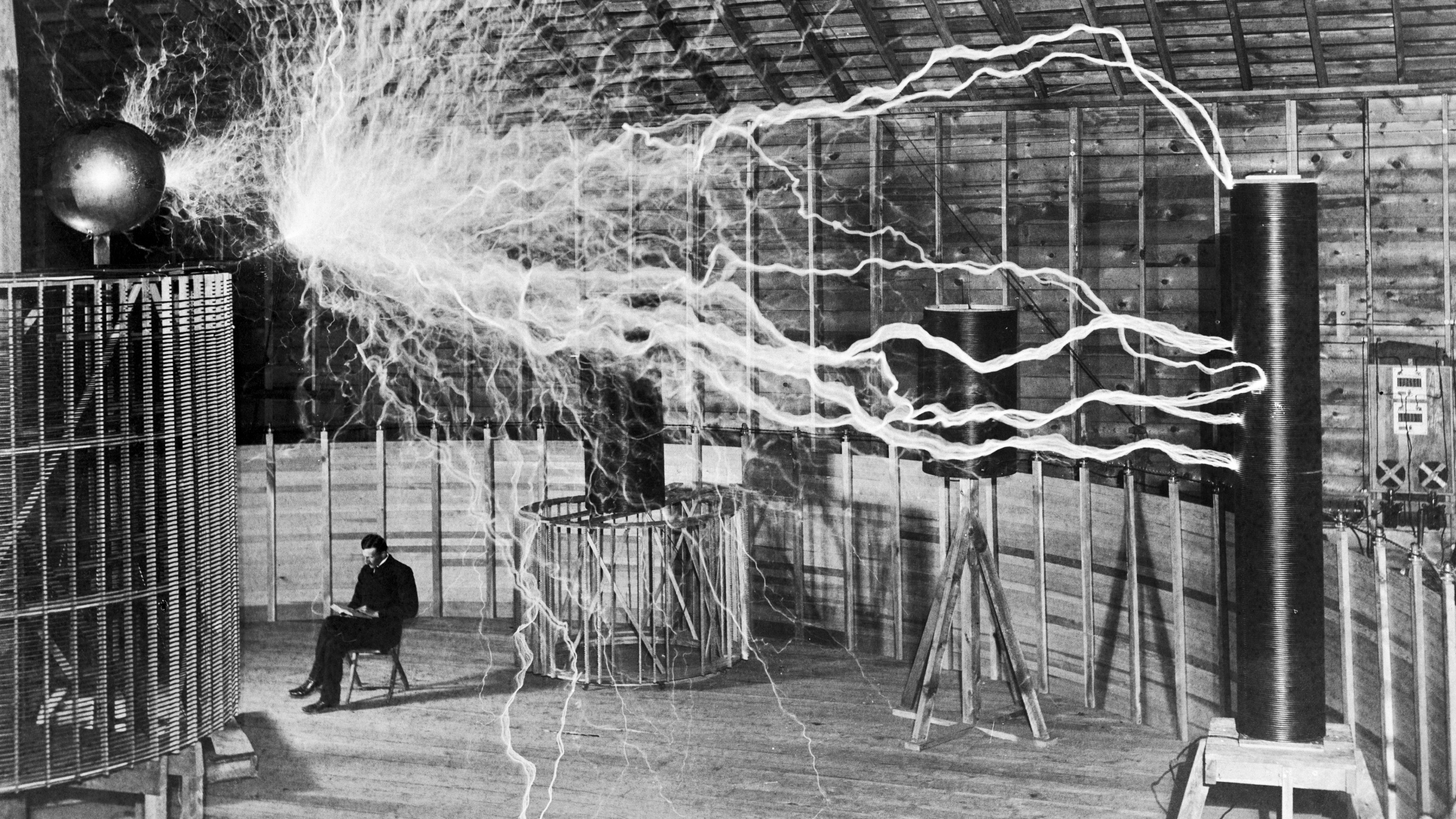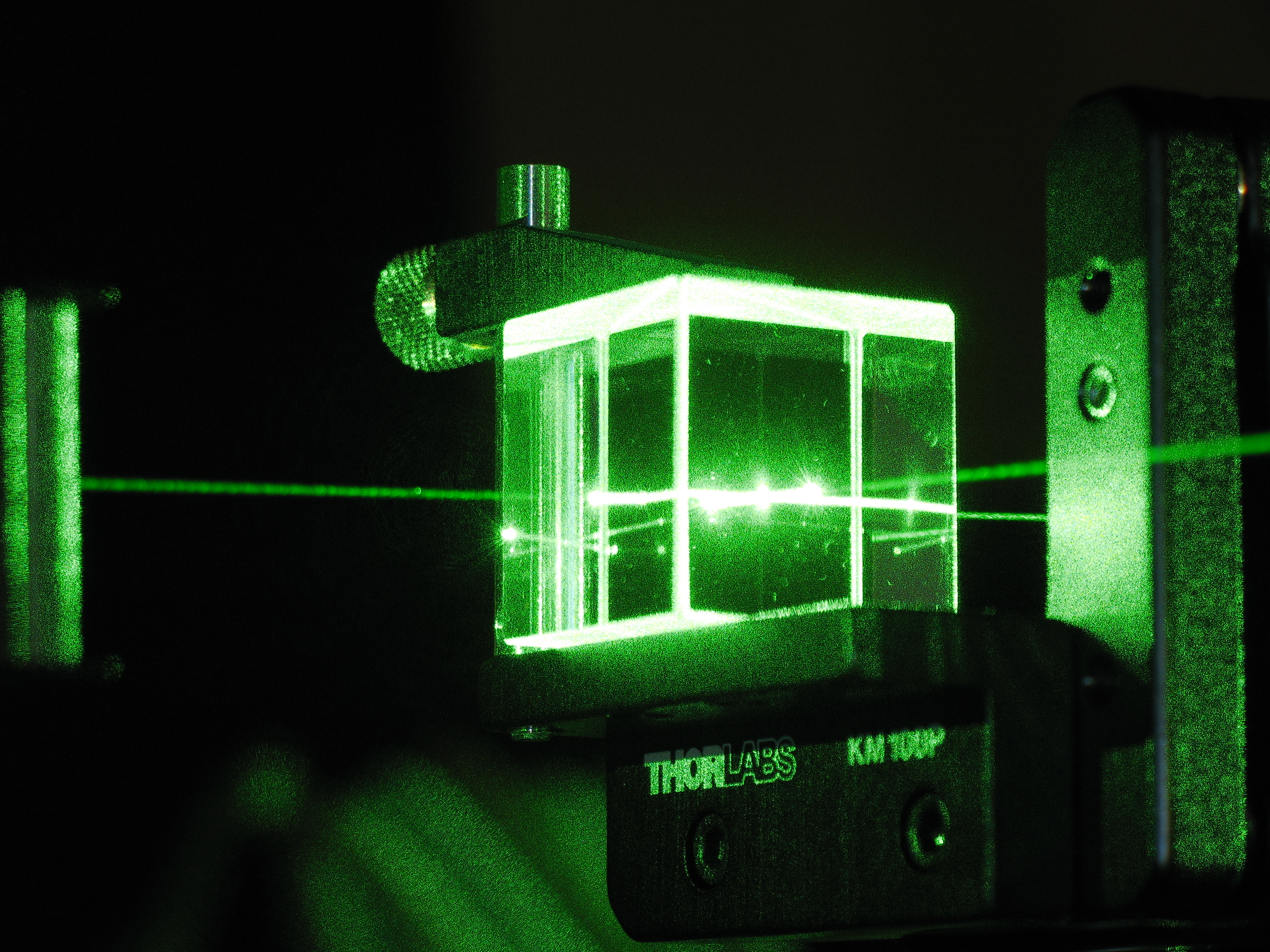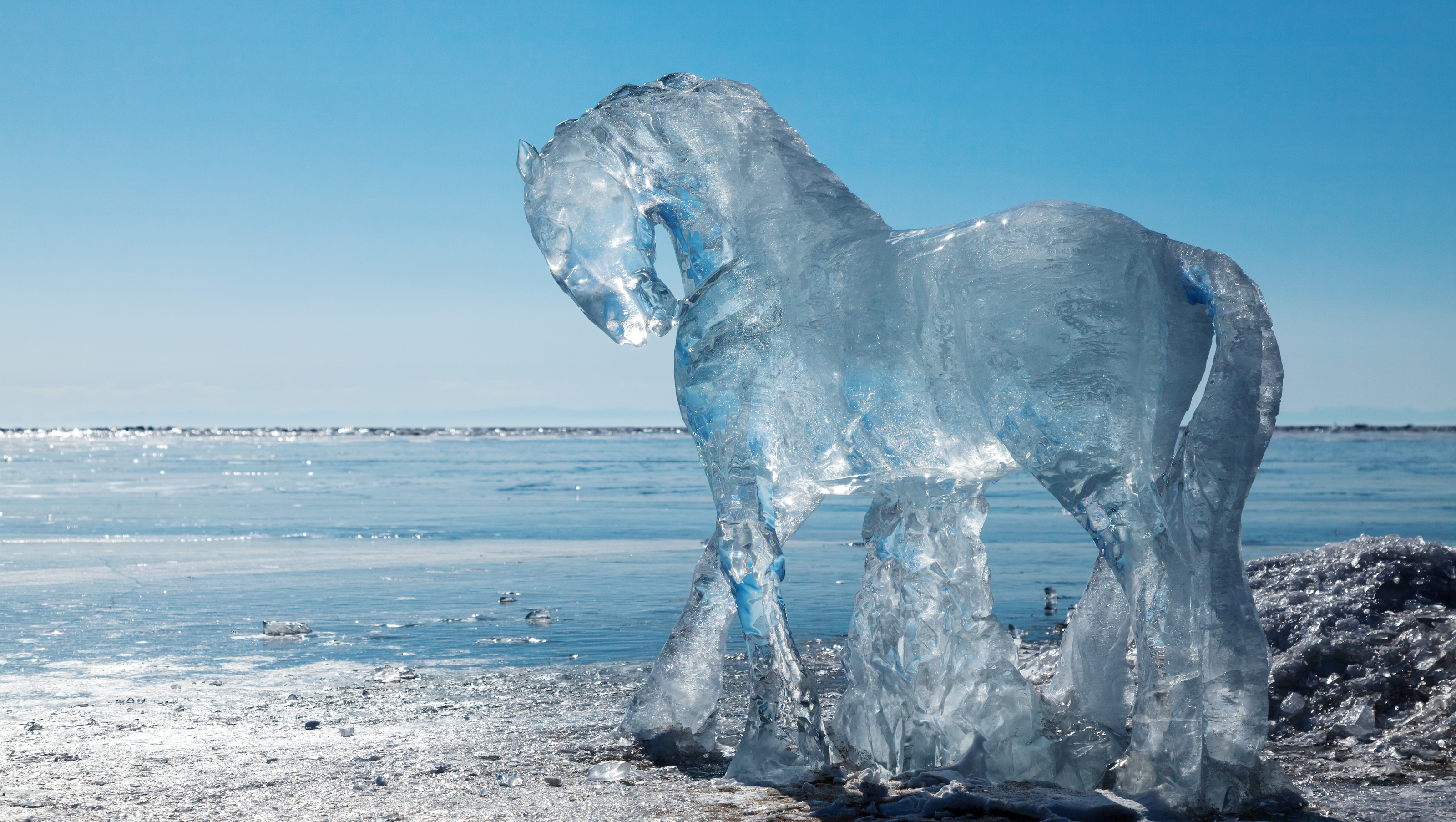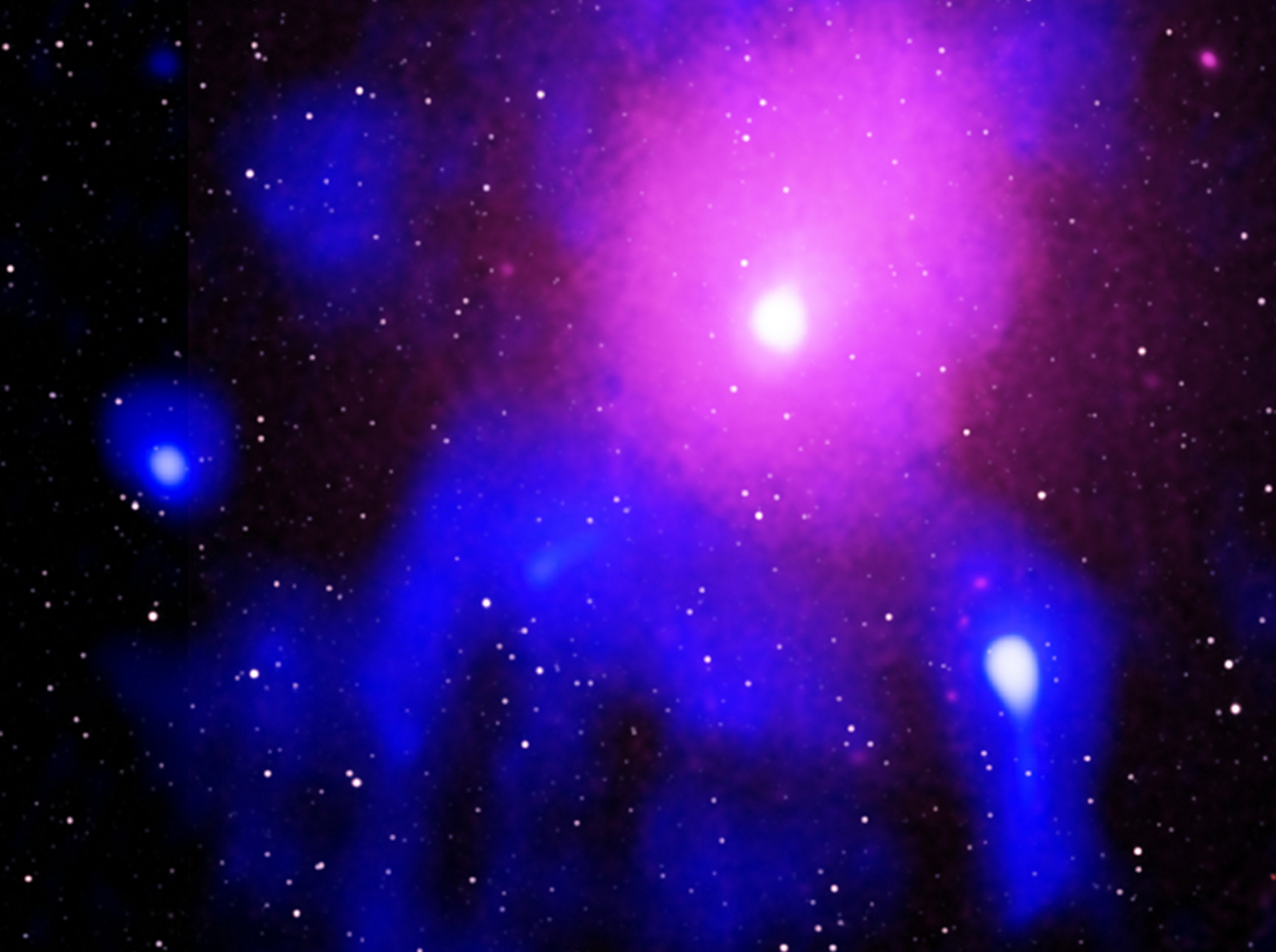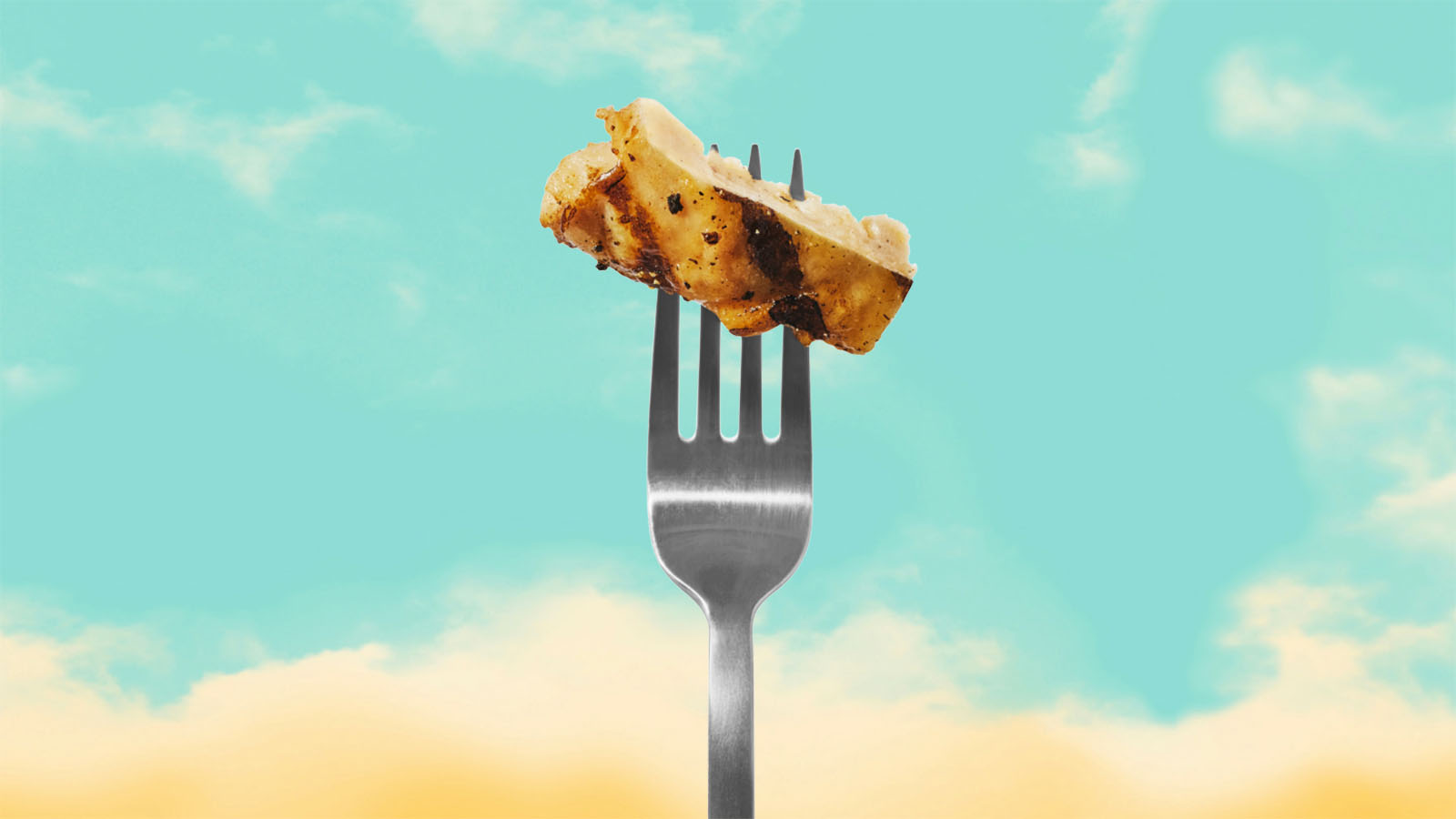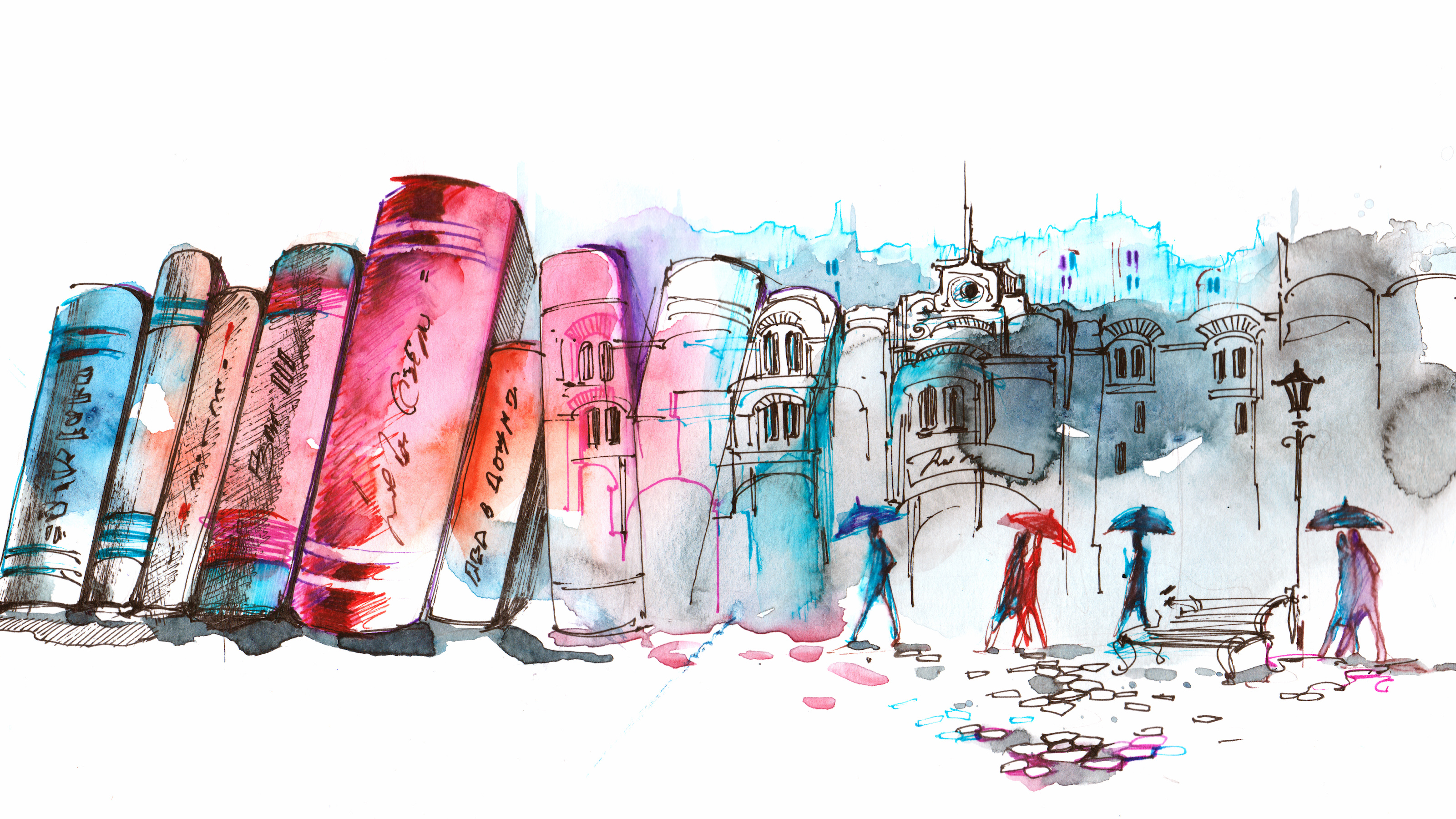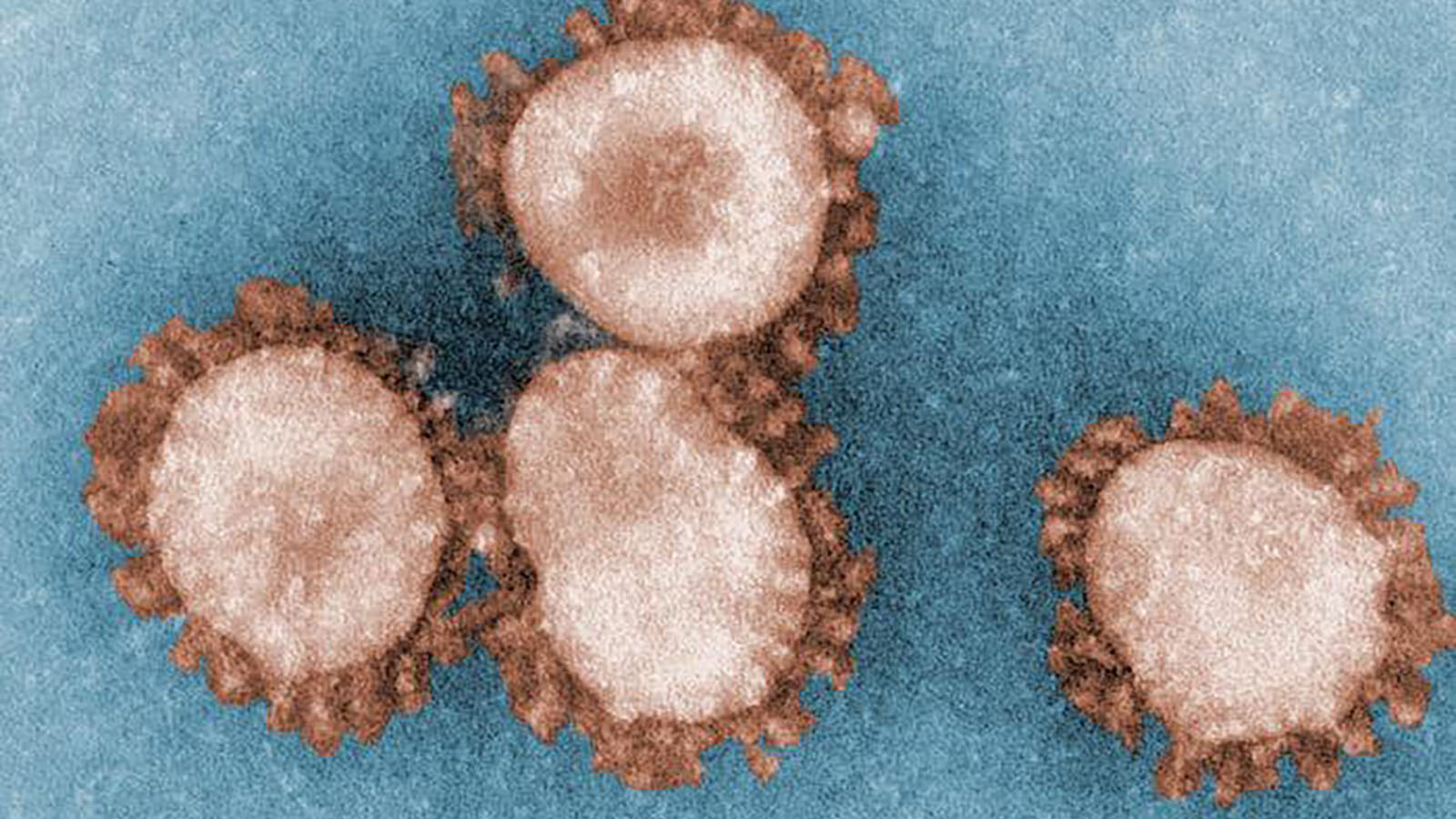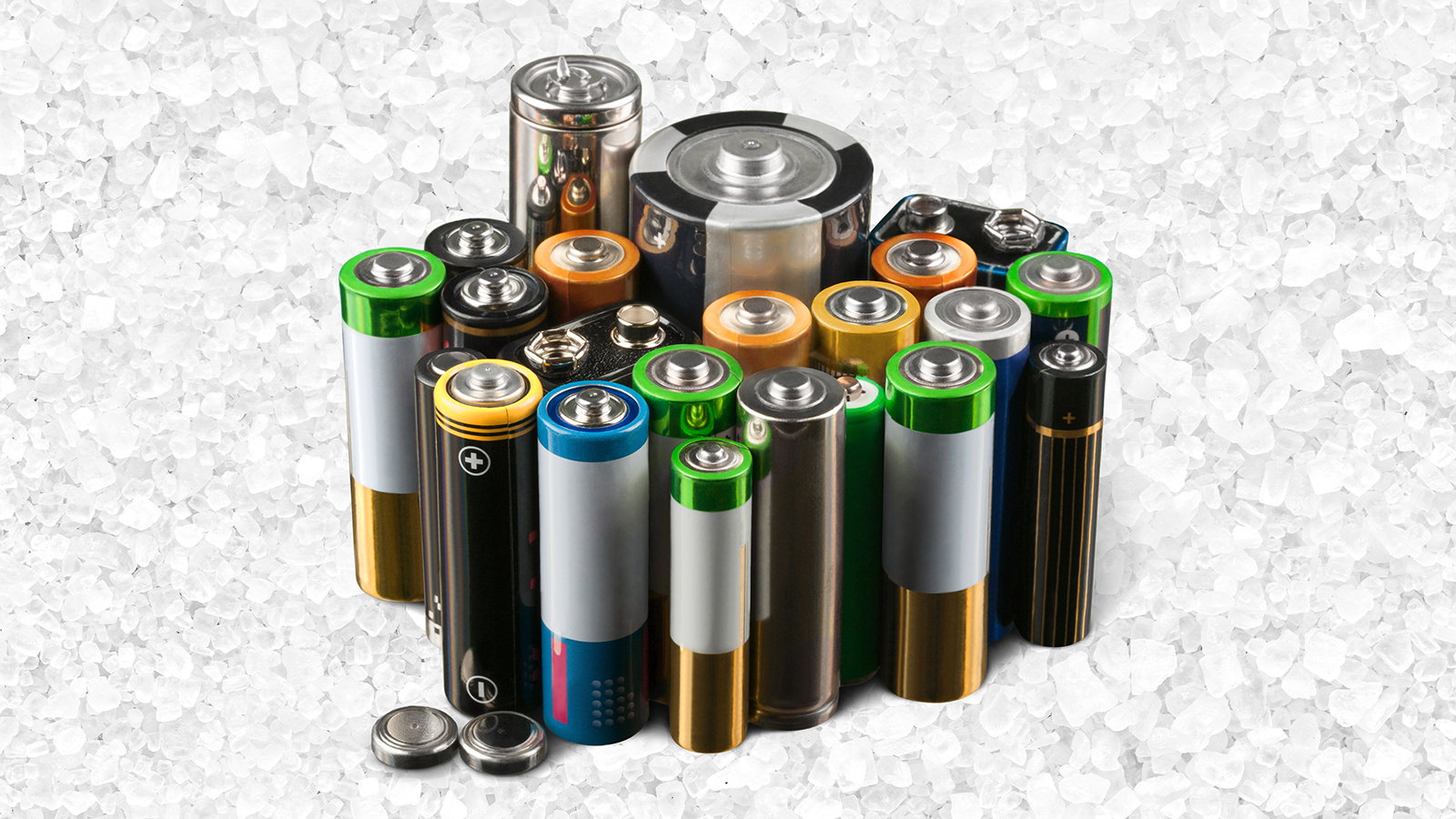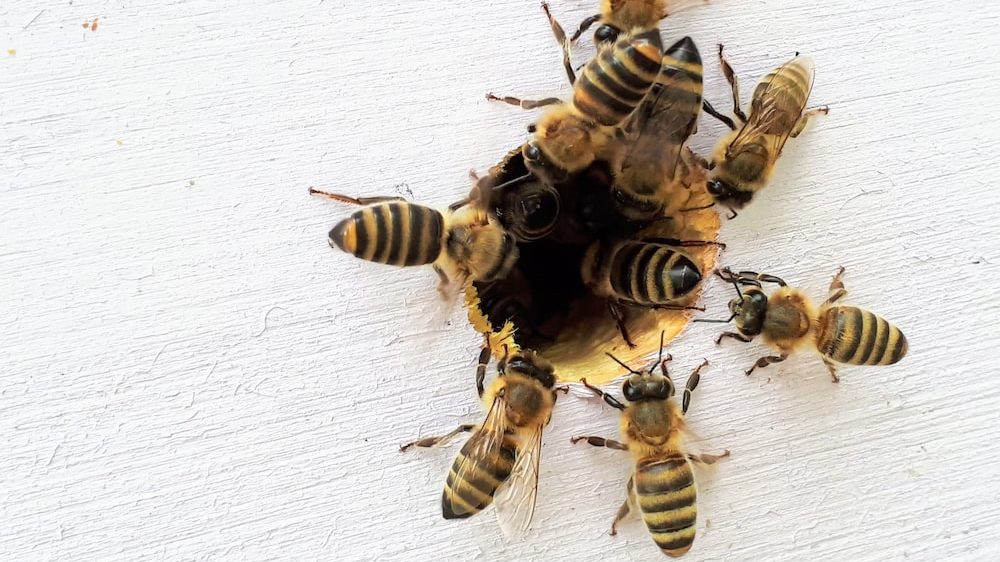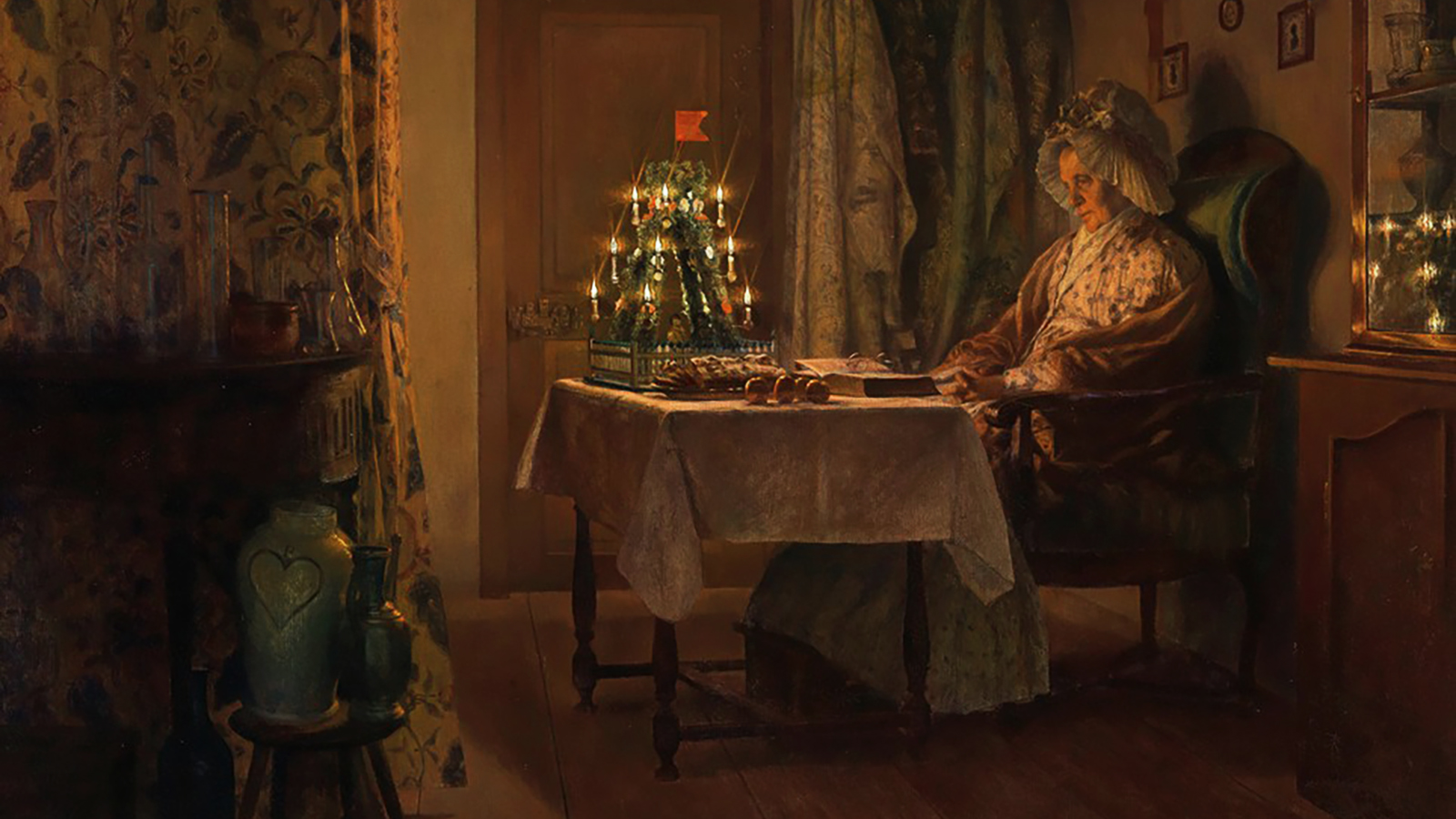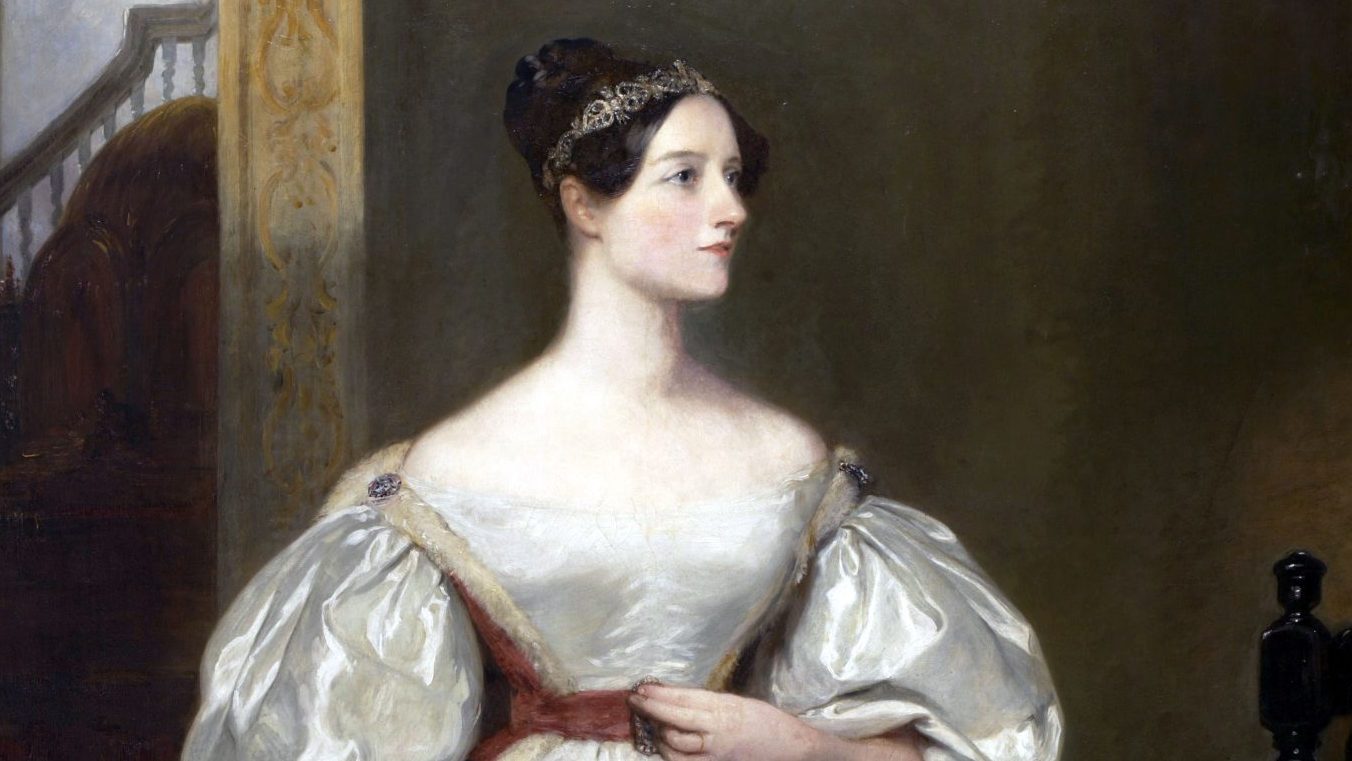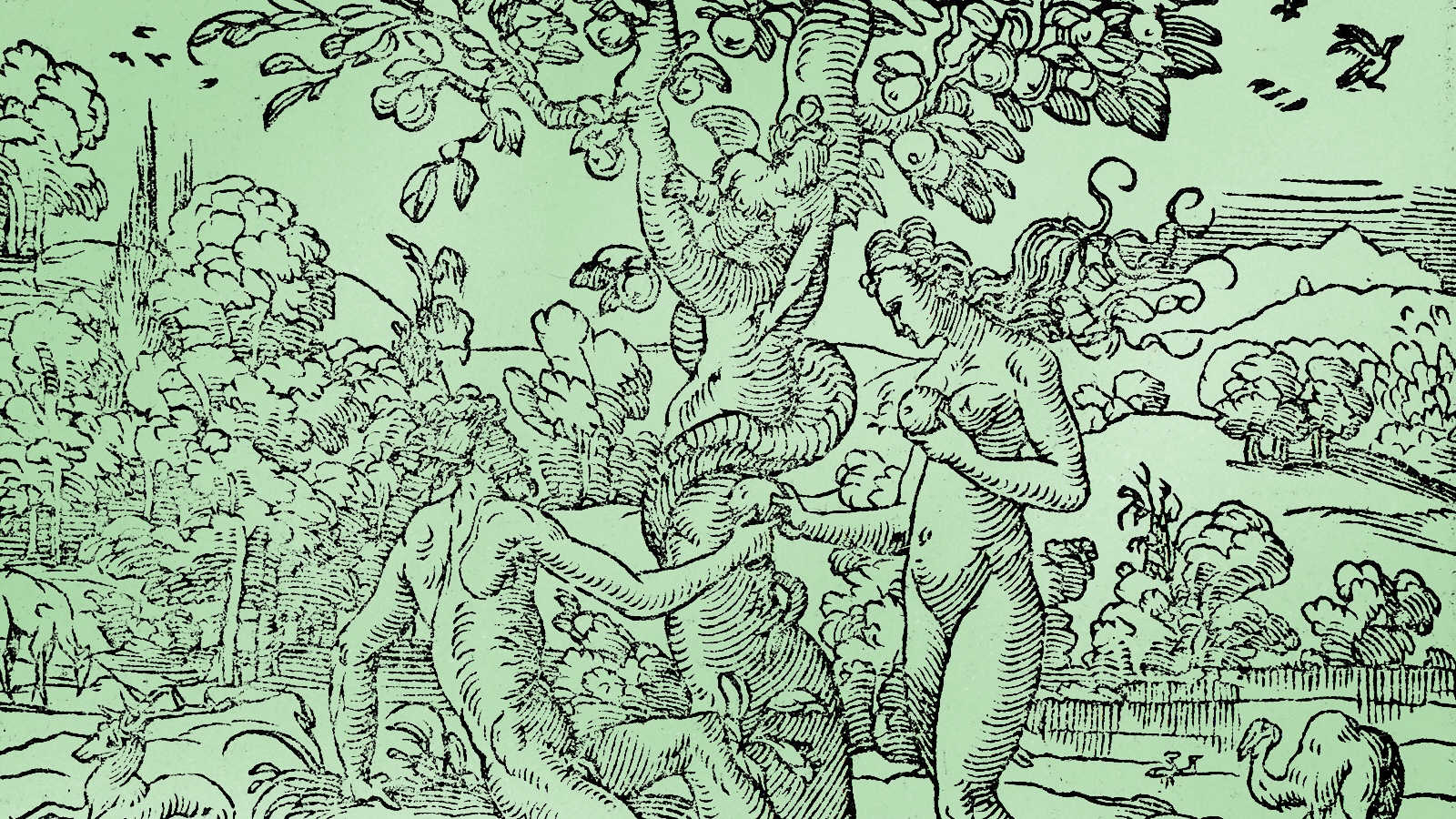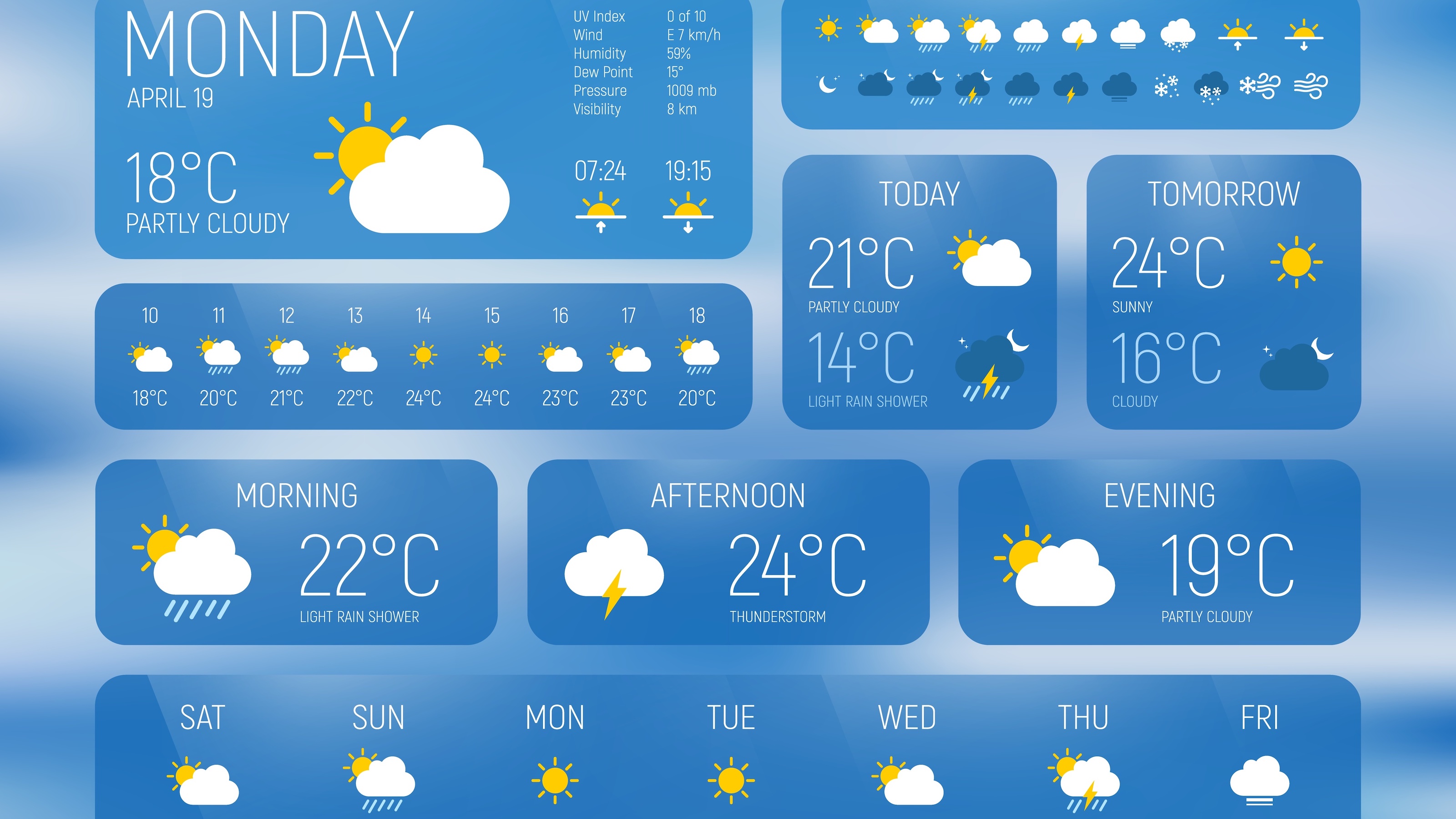It was a particularly good year for biotech and medical technology. There were also notable advances in energy.
All Articles
There could be variables beyond the ones we’ve identified and know how to measure. But they can’t get rid of quantum weirdness.
The idea that “you” persist after death does not hold up to the current understanding of memory and identity.
What if you could just grow your own blood?
The very word “quantum” makes people’s imaginations run wild. But chances are you’ve fallen for at least one of these myths.
Or, how I learned to stop worrying and love my tsundoku.
The concept of burnout is nothing new. But there are ways to prevent burnout and promote greater engagement with work.
They could also “turn off” their fear.
Experts explain how lie detectors work, what happens in the brain when we tell lies and how accurate polygraph tests are.
Some solar cells are so lightweight they can sit on a soap bubble.
The shift from steam to electricity was inevitable — but some foresaw it earlier than others.
For nearly a century, physicists have argued over how to interpret quantum physics. But reality exists independent of any interpretation.
Of the world’s 300 honey varieties, none is stranger and more dangerous than mad honey.
Seneca thought the use of ice was a “true fever of the most malignant kind.”
In 2020, scientists took more than a kilo of moon rock and soil back to Earth for testing.
Ever since the Big Bang, cataclysmic events have released enormous amounts of energy. Here’s the greatest one ever witnessed.
It will be able to produce 22 million pounds of cultivated meat annually.
We might be dining on insect-based Christmas pies with robot-harvested algae on the side.
These five great books should prompt us to work on what needs fixing the most in the world: ourselves.
A new drug inhibits a human enzyme that coronaviruses hijack in order to replicate.
When we’re stressed, our hormones and nervous system produce all sorts of odors.
These were the stories you clicked on the most.
Lithium-ion batteries pose challenges for our transition toward renewable energy. Sodium-sulfur batteries might be a solution.
Parity tasks (such as odd and even categorisation) are considered abstract and high-level numerical concepts in humans.
“The Da Vinci Code” popularized the idea that Christians stole much of their theology. It’s wrong, especially regarding Christmas.
Ada Lovelace’s skills with language, music, and needlepoint all contributed to her pioneering work in computing.
We are still new at this.
Some analysts predict that Amazon’s revenue will double over the next five years.
Sleep less, sleep less, sleep more.
“A modern five-day forecast is as accurate as a one-day forecast in 1980.”
